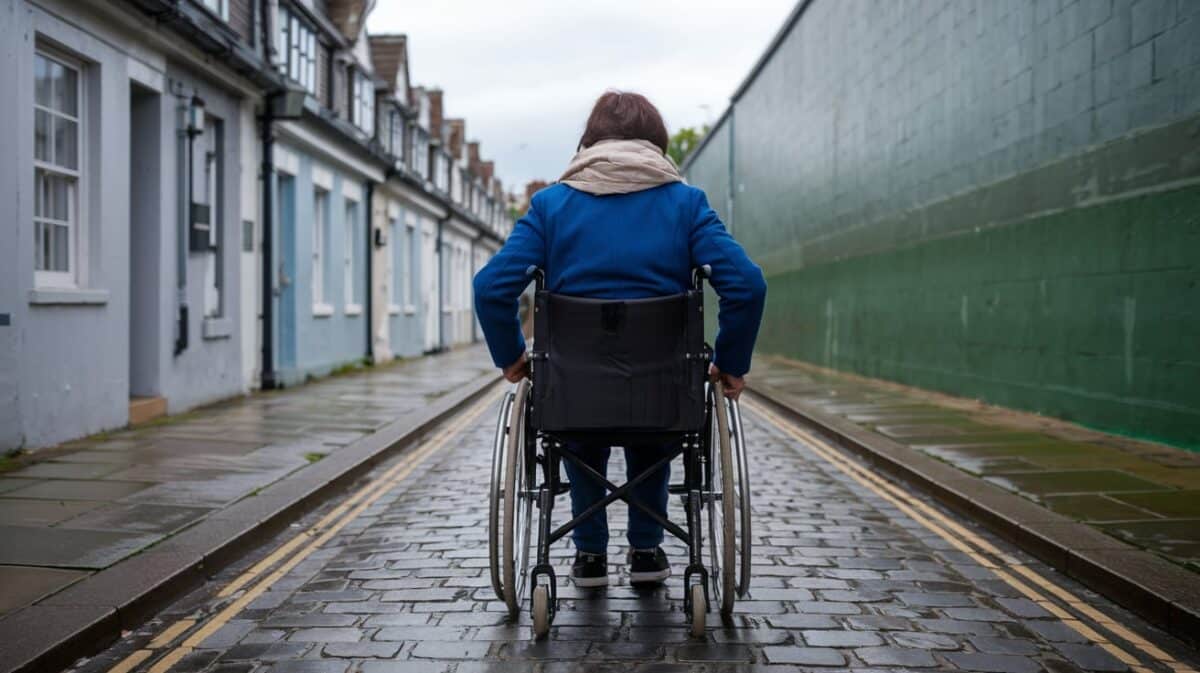As part of the forthcoming Labour Party Budget, PIP, a crucial lifeline for millions of handicapped and chronically sick people around the UK, is being reviewed. The planned modifications have sparked serious worries over the financial security of vulnerable claimants who depend on these subsidies, despite their stated goal of streamlining the system for increased efficiency.
Stricter Criteria for PIP Awards
To ascertain PIP eligibility, the Department for Work and Pensions (DWP) will implement more stringent evaluations. In contrast to other welfare benefits, PIP concentrates on how much a long-term illness impacts mobility and day-to-day functioning rather than the illness itself.
Claimants are awarded points based on how their condition impacts specific tasks, such as preparing meals, managing personal care, or navigating outside the home. These scores determine whether an individual qualifies for the standard or enhanced rates of PIP. The introduction of tighter scrutiny aims to ensure fairness but may inadvertently reduce approval rates.
Those considering a PIP application can take a free online test provided by advisory groups like Benefits and Work. While this tool offers a preliminary indication of eligibility, applicants should prepare comprehensive evidence to meet the DWP’s stricter requirements.
Modest Increase in Pip Payments
For those who meet the new standards, PIP payments will rise by 1.7% in April, reflecting the government’s effort to align benefits with inflation. Depending on the level of award, claimants may receive between £29.20 and £187.45 weekly. This increase means the maximum monthly payment could reach £749.80, offering some financial relief to those most in need.
Recipients on the highest award tier for both the daily living and mobility components could see their annual support increase to £9,747. These figures underscore the importance of retaining access to PIP for eligible individuals, as even minor adjustments to their benefits could significantly impact their quality of life.
A Precarious Balance for Vulnerable Communities
While the adjustments aim to streamline the system and allocate funds more efficiently, they highlight a precarious balance between ensuring fiscal responsibility and safeguarding support for vulnerable communities. Advocacy groups have voiced concerns that the tightened criteria may leave some disabled individuals without essential assistance.
Claimants are strongly encouraged to seek expert guidance and prepare robust, well-documented evidence to support their cases effectively. By proactively understanding the new eligibility criteria and submitting comprehensive, detailed applications, individuals can significantly increase their chances of securing or retaining this vital and life-changing benefit.









